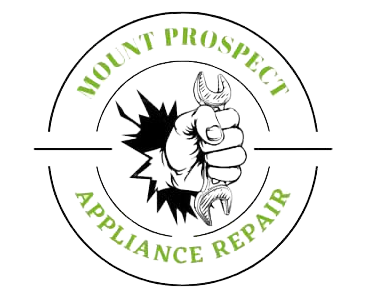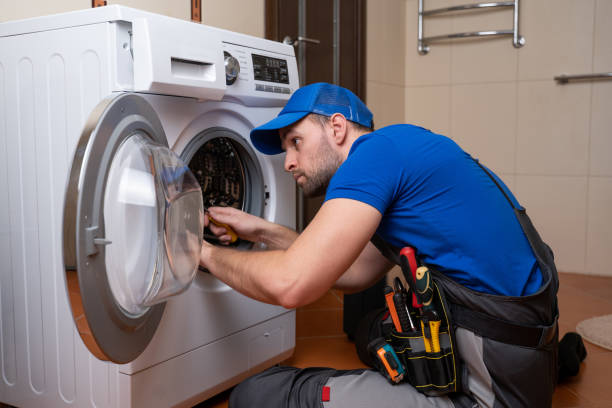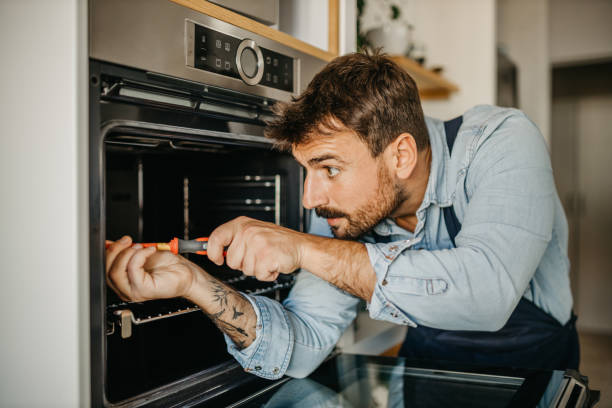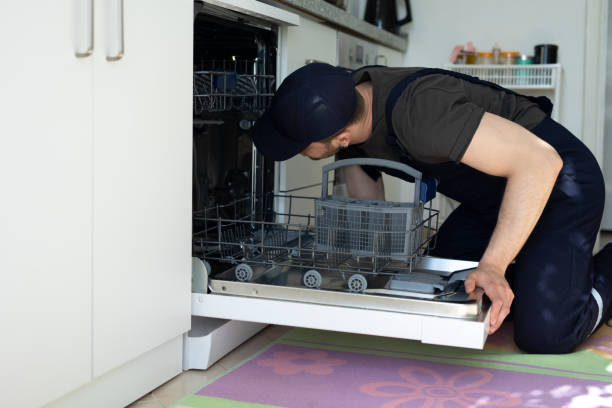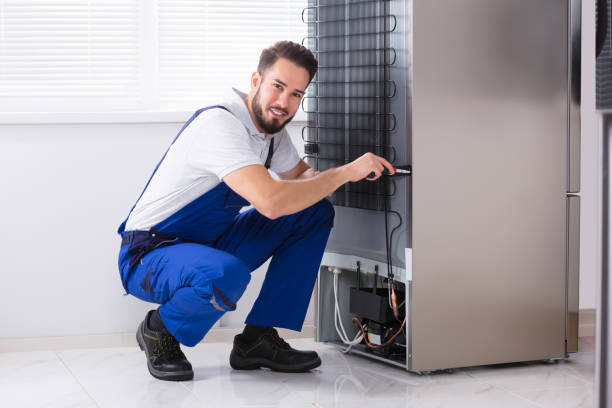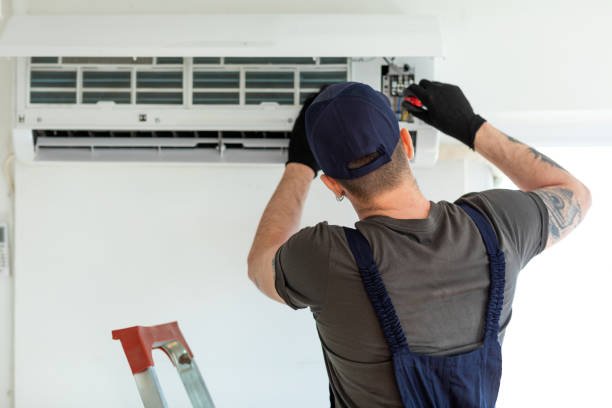Understanding the Importance of Brand-Specific Repairs

Introduction
In today’s technologically advanced homes, appliances from leading brands like Samsung, LG, and Whirlpool have become indispensable. These brands are renowned for their innovation, reliability, and performance. However, even the most robust appliances can encounter issues over time, necessitating repair and maintenance. This article delves into the intricacies of repairing Samsung, LG, and Whirlpool appliances, offering expert tips and insights to ensure they run smoothly and efficiently.
Understanding the Importance of Brand-Specific Repairs
Each appliance brand has unique features, technologies, and repair requirements. Understanding these specifics is crucial for effective and long-lasting repairs. Samsung, LG, and Whirlpool appliances incorporate advanced technologies that require specialized knowledge and skills to repair. By focusing on brand-specific repair techniques, homeowners can ensure their appliances receive the care they need, preventing frequent breakdowns and extending their lifespan.
Common Samsung Appliance Issues and Solutions
Samsung appliances are celebrated for their cutting-edge technology and sleek designs. However, common issues include:
Refrigerators:
- Cooling Problems: Often caused by faulty compressors or condenser coils. Cleaning the coils and checking the thermostat can resolve these issues.
- Water Leaks: Typically due to clogged defrost drains or water inlet valves. Regular cleaning and replacing damaged parts can fix leaks.
Washing Machines:
- Drum Not Spinning: Usually results from a broken drive belt or motor issues. Inspecting and replacing the belt or motor is necessary.
- Error Codes: Error codes like 4E or 5E indicate water supply issues or drainage problems. Checking the hoses and filters can resolve these errors.
LG Appliance Repair Tips
LG appliances are known for their innovation and energy efficiency. Common repair needs include:
Dishwashers:
- Not Cleaning Properly: Often due to blocked spray arms or clogged filters. Cleaning the spray arms and filters regularly ensures optimal performance.
- Door Latch Problems: A faulty door latch can prevent the dishwasher from starting. Replacing the latch usually solves this issue.
Ovens:
- Temperature Inaccuracy: Caused by malfunctioning thermostats or heating elements. Testing and replacing these components can restore accurate temperatures.
- Self-Cleaning Cycle Issues: If the self-cleaning function fails, it may be due to control board problems. Resetting or replacing the control board can fix this.
Whirlpool Appliance Repair Strategies
Whirlpool appliances are valued for their reliability and robust performance. Common issues and solutions include:
Dryers:
- Not Heating: Often due to a faulty heating element or thermal fuse. Inspecting and replacing these parts can restore heating.
- Noisy Operation: Caused by worn-out drum bearings or rollers. Lubricating or replacing these components can reduce noise.
Microwaves:
- No Heating: Typically a result of magnetron failure. Replacing the magnetron is necessary for restoring heating functionality.
- Control Panel Malfunctions: Can be due to faulty touchpads or control boards. Testing and replacing these parts can resolve control issues.
Choosing Professional Repair Services for Samsung, LG, and Whirlpool Appliances
Selecting a professional repair service that specializes in Samsung, LG, and Whirlpool appliances is crucial for quality repairs. Look for services that:
- Certifications and Training: Ensure technicians are certified and trained in brand-specific repairs.
- Genuine Parts: Use original manufacturer parts for replacements to ensure compatibility and longevity.
- Warranty and Guarantees: Offer warranties on parts and labor to provide peace of mind.
Preventive Maintenance Tips for Samsung, LG, and Whirlpool Appliances
Regular maintenance can prevent many common issues and prolong the life of your appliances. Here are some tips:
Refrigerators:
- Clean Coils: Regularly clean the condenser coils to ensure efficient cooling.
- Check Seals: Inspect door seals for damage and replace if necessary to maintain a proper seal.
Washing Machines:
- Clean Filters: Regularly clean the filters to prevent clogs and maintain water flow.
- Inspect Hoses: Check hoses for signs of wear and replace them every five years to prevent leaks.
Dishwashers:
- Run Hot Water: Run hot water before starting the dishwasher to ensure optimal cleaning.
- Use Vinegar: Run a vinegar cycle monthly to remove buildup and maintain efficiency.
The Role of Technology in Appliance Repairs
Advancements in technology have significantly improved the efficiency and accuracy of appliance repairs. Modern diagnostic tools and apps can quickly identify issues, allowing technicians to make precise repairs. Samsung, LG, and Whirlpool appliances often come with smart features that provide diagnostic information directly to users or technicians, streamlining the repair process.
DIY vs. Professional Repairs: What to Consider
While DIY repairs can save money, they often come with risks such as voiding warranties or causing further damage. Professional repairs ensure:
- Safety: Trained technicians follow safety protocols to prevent accidents.
- Quality: Professionals use the right tools and parts, ensuring reliable repairs.
- Warranty Protection: Professional repairs often maintain the appliance’s warranty.
Conclusion
Repairing Samsung, LG, and Whirlpool appliances requires specialized knowledge and skills due to their unique features and technologies. By understanding common issues, preventive maintenance tips, and the benefits of professional repairs, homeowners can ensure their appliances remain in top condition. Whether tackling minor issues yourself or hiring a professional, staying informed is key to maintaining the performance and longevity of your appliances.
